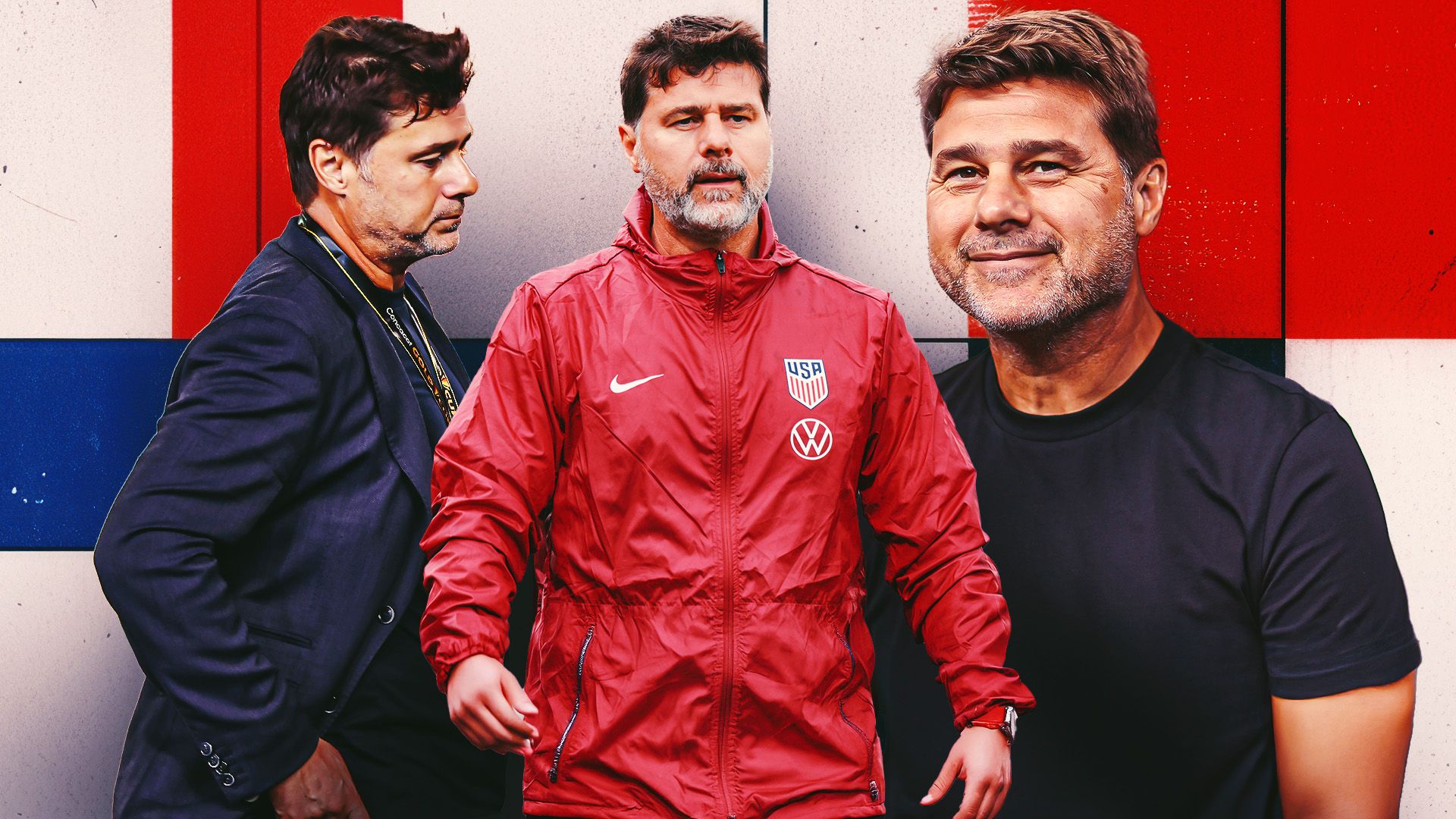USMNT Gold Cup: Pochettino’s Power Move Before 2026
USMNT Gold Cup preparations were supposed to be straightforward, yet they became the stage for Mauricio Pochettino’s first decisive act in charge of the United States men’s national team. One day before the opening match, and inside a hastily erected press tent outside PayPal Park, the Argentine coach delivered a sentence that reverberated louder than any whistle on the training ground: “I’m not a mannequin.” It was more than a punchline; it was the moment he formally seized control of a program still learning how to deal with newfound expectations a year ahead of the 2026 World Cup on home soil.
USMNT Gold Cup selection shocks set the tone
Pochettino’s roster choices illustrated his “line in the sand” philosophy. Several established names—most notably Christian Pulisic—were rested, while hungry fringe players were thrust into the spotlight. On paper, the omissions triggered predictable uproar among supporters who equate star power with progress. In reality, the head coach sought clarity on commitment. The message was simple: the crest matters more than individual brand value, and the USMNT Gold Cup would be the live laboratory for testing devotion.
A culture reset, not a publicity stunt
During his time at Tottenham and Paris Saint-Germain, Pochettino built reputations on fast-paced pressing and relentless dressing-room standards. He has transplanted the same ethos to the United States, insisting that fitness readings, tactical obedience, and mental resilience outweigh marketing appeal. Sources inside the camp revealed double sessions focused on rest-defence triggers and transition patterns—areas where the national side has historically lagged behind elite European opposition. By sidelining big names, he created a meritocratic atmosphere that forced every squad member to fight for minutes, even in group-stage romps against perceived minnows.
Christian Pulisic’s challenge from afar
Pulisic may not have laced up in this tournament, but he may be its most significant protagonist. The winger remains the poster boy of American soccer, selling shirts from New York to Nairobi. Yet Pochettino’s decision to keep him out was a reminder that reputations can no longer substitute for performances. Publicly, Pulisic applauded the plan, posting a supportive message on social media. Privately, insiders say he has already requested personalised data reports to ensure he meets the fitness benchmarks laid down by the new staff. The race to prove loyalty has begun.
Leadership vacuum—and the men who filled it
With senior figures absent, younger voices emerged. Midfielder Yunus Musah organised extra film sessions to dissect opponents, while defender Chris Richards led warm-ups, echoing Pochettino’s man-management style that turns pupils into peers. Veteran Tim Ream, recalled for experience, told reporters that the camp “feels like a club pre-season,” a nod to how intensive the environment has become. That cohesion translated on the pitch: the United States pressed higher, recycled possession faster, and conceded fewer counterattacks compared with the 2024 Copa América, where passive moments proved costly.
Measuring success beyond silverware
Winning the USMNT Gold Cup still matters—lifting a trophy reinforces confidence—but Pochettino’s process extends further. Analytical staff tracked sprint distances, hormone levels, and RPE scores to build individual profiles that will inform call-up decisions in 2025. Players who met lifestyle guidelines—from sleep quotas to nutrition logs—earned recovery perks and, in some cases, starting roles. This scientific layer complements the emotional jolt produced by his “not a mannequin” declaration, underpinning a culture where standards are quantifiable and non-negotiable.
Reactions from the federation and fans
The U.S. Soccer Federation publicly backed its coach. Sporting director Matt Crocker told Goal Sports News that the federation hired Pochettino precisely to “push boundaries.” Still, fan sentiment is mixed. Social media threads celebrate the Argentina-born tactician for ending complacency, while others fret that alienating stars could backfire when the team needs chemistry most. The debate underscores growing pains: American supporters have long demanded accountability but occasionally recoil when it arrives.
What this means heading into 2025 qualifiers
Qualifying for 2026 is automatic as a host nation, yet Pochettino refuses to treat the next calendar year as a victory lap. Friendly slates against Brazil, Germany, and Ghana will test the durability of his blueprint. Training camps will mirror the USMNT Gold Cup environment, complete with open competition for jerseys. If veterans fail to embrace the regime, younger talents such as Paxten Aaronson or Kevin Paredes can expect accelerated promotion. The knock-on effect is a deeper, more versatile roster capable of weathering injuries or dip in form by marquee players.
Global context: learning from past giants
International history is filled with talented squads that imploded because cultural foundations were shaky. France’s 2010 meltdown, the Netherlands’ 2002 absence, or England’s “Golden Generation” all remind observers that talent alone is insufficient. Pochettino, having mentored stars like Harry Kane and Kylian Mbappé, recognises this pitfall. His hard-line stance is a pre-emptive strike against complacency—and, arguably, a sign that U.S. Soccer has matured enough to stomach uncomfortable decisions in pursuit of a higher ceiling.
Opinion: Pochettino’s gamble is worth the risk
Stripping away sentimental attachments is never easy, and Mauricio Pochettino risks criticism if short-term results wobble. Yet the United States has reached a point where bold choices trump cautious consensus. By using the USMNT Gold Cup as a proving ground, the coach has accelerated a culture shift that could pay dividends when the world arrives in 2026. If Pulisic and company respond positively, the ceiling will rise. If they do not, at least the standard was set early enough to find alternatives. Either way, American soccer benefits from demanding more than brand-name allure—it finally demands excellence.
Your global gateway to nonstop football coverage:
Goal Sports News
Share this content:
